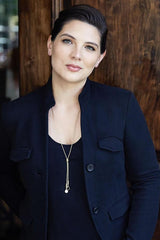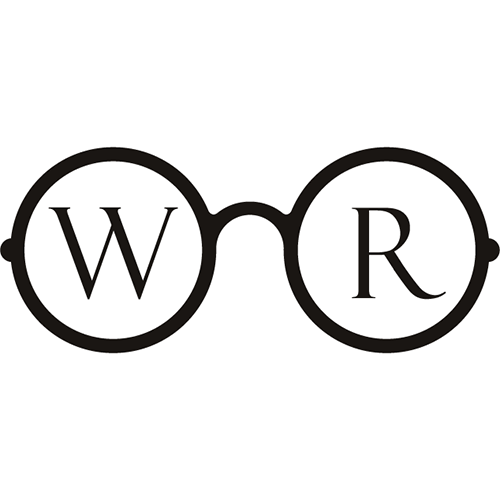
Should we always believe the book hype: Is The Seven Husbands of Evelyn Hugo actually a good book?
The ability for social media platforms, particularly Instagram and TikTok, to catapult relatively successful novels into mega-bestsellers through free user-generated publicity, has been proven time and time again. One of the most successful books from this type of phenomenon is Taylor Jenkins Reid’s The Seven Husbands of Evelyn Hugo. Reid had written several novels before releasing Evelyn Hugo in 2017. The book got positive reviews, but certainly wasn’t racing to the top of the bestseller lists.

However, through the rise of Booktok - where young, mostly female, book vloggers talk about their favourite books - Evelyn Hugo has catapulted to the top of the bestseller lists, where it has been hovering for most of this year. Anyone who follows several book-related Instagram or TikTok accounts will have heard of the novel, if not already read it.
When so many hundreds of new books are released every year, it can definitely be an overwhelming choice to pick your next read. We are getting recommendations from everyone: word of mouth, the internet, social media. Therefore for many people, myself included, it is very useful to hear the same books praised time and time again, as it suggests that they are a step above the rest.

Therefore, I took the plunge. On my latest trip to the bookshop I purchased Evelyn Hugo, as it felt like a safe bet. If so many vloggers I loved and respected adored the book, I would surely love it too. However, sadly, it wasn’t the case. The book was entertaining, definitely, but read like a salacious gossip magazine rather than an emotional portrayal of the pitfalls of stardom (as it was marketed). Though the point of the narrative was to prove the surface-level superficiality of stardom, the whole book felt superficial to me: the relationships were never really explored, the narrator Monique felt just as much of a stranger to me as she had done at the start of the novel. The book is peppered with pretty-sounding phrases such as ‘“You have to find a job that makes your heart feel big instead of one that makes it feel small”’, which although sound insightful, are little more than the heartwarming gimmicky phrases printed on the front of greetings cards.
I was disappointed. I’d seen countless videos of girls crying at the end of Evelyn Hugo, claiming that the book had emotionally destroyed them. I felt none of that emotional depth with the book personally, as it all felt like a story from a gossip magazine, rather than artfully drawn characters I could properly imagine existing. Of course, my opinion is more of an outlier in comparison to the norm, but there are others who agree with me. On paper, the book has everything that I would enjoy: an historical setting, LGBT+ representation, POC representation, leading female characters, and yet it all fell quite flat.

When I spoke of my disappointments to my friends they were at first indignant, confused as to how I could possibly not enjoy the novel. But when I explained exactly why it fell short for me, they actually started to sheepishly agree that some of the things I said were true. I think to some extent, as with everything, people allow themselves to be swept up with the hype, and go into the novel willing themselves to love it - and so they do. If we went into these novels not knowing the hype surrounding them, would we still enjoy them to the extent that we do? Or in my case, would my expectations still have been quite so sky-high (meaning I ironically would have enjoyed it more)?
I love Booktok and think it’s a wonderful way for people to get more into reading and easily find recommendations. However, I think it’s important we don’t turn reading into another commodity that influencers can entirely shape our opinions about. There is nothing better than picking up a random book in the shop and finding out that it is a million times better than you ever could have expected. So the old idiom is true - don’t always believe the hype!




